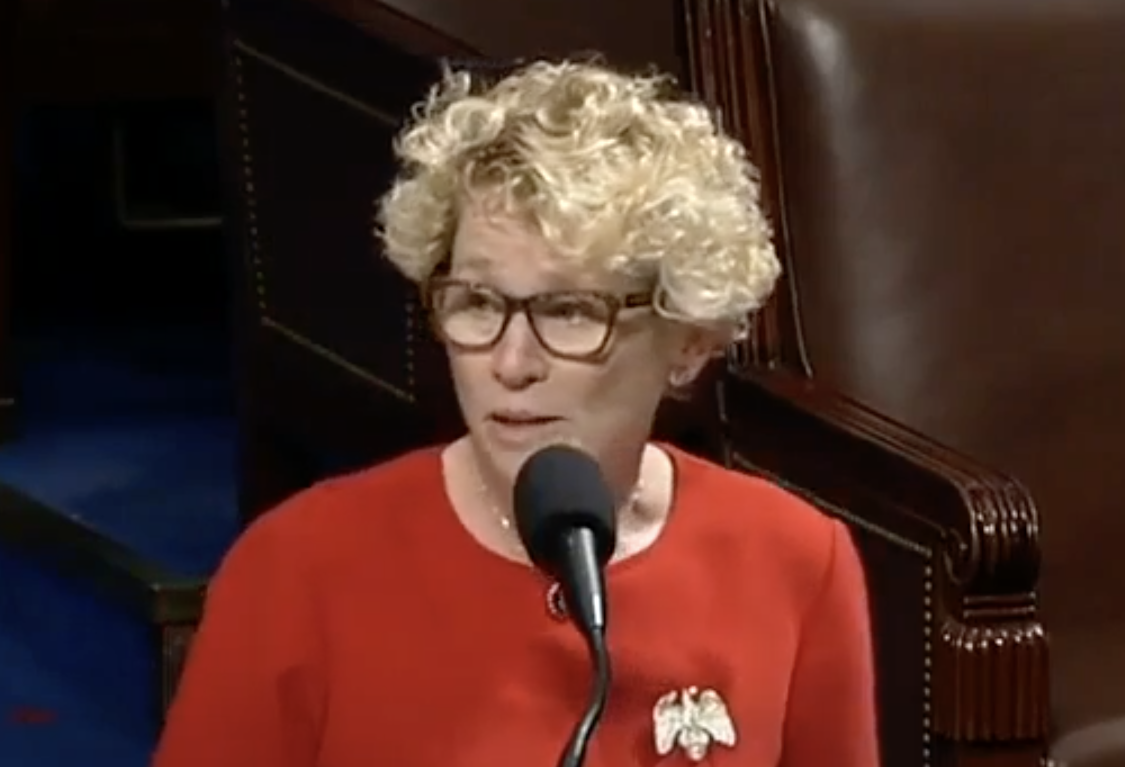Every Democrat in the Delaware Valley delegation voted to uphold President Joe Biden’s veto protecting his administration’s pro-ESG investing rule, the first veto of his presidency. Critics say those votes ignore the key role the energy sector, a top target of ESG activists, plays in Pennsylvania’s economy. Congress passed a bipartisan resolution reversing the Biden […]

